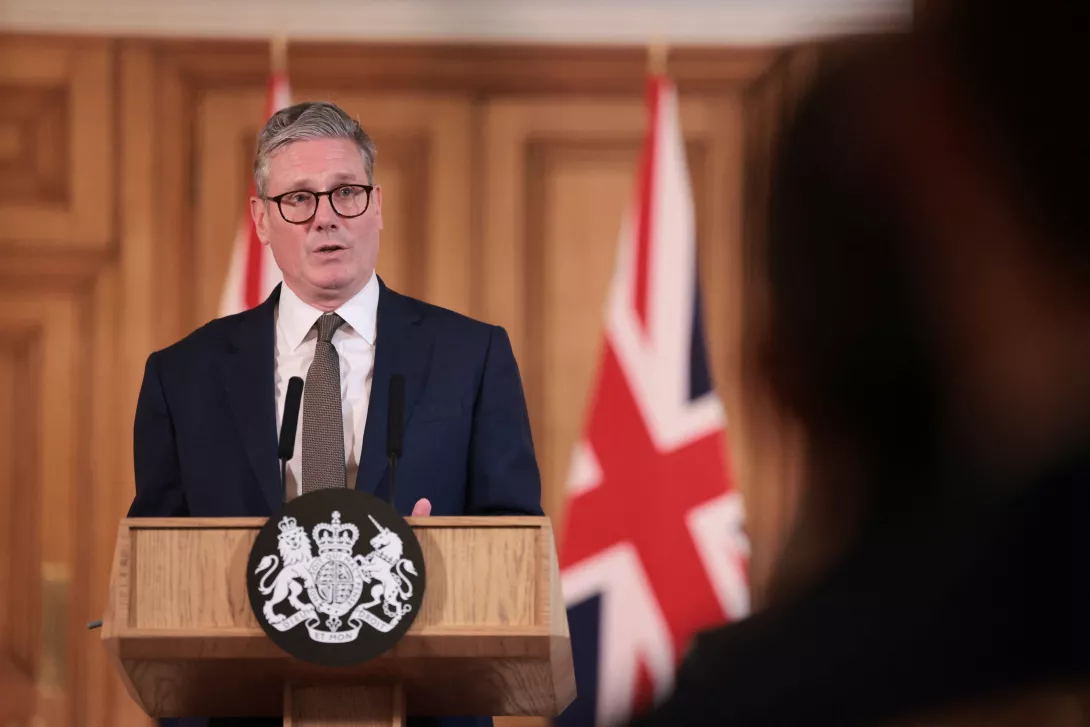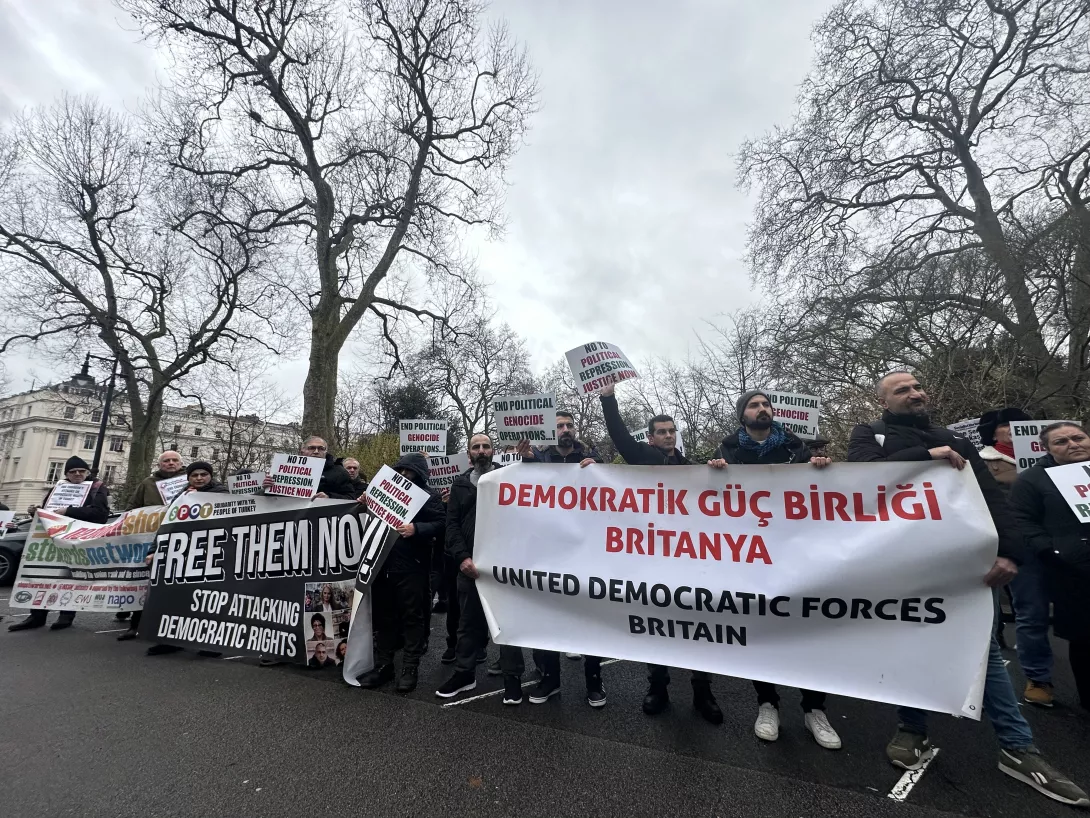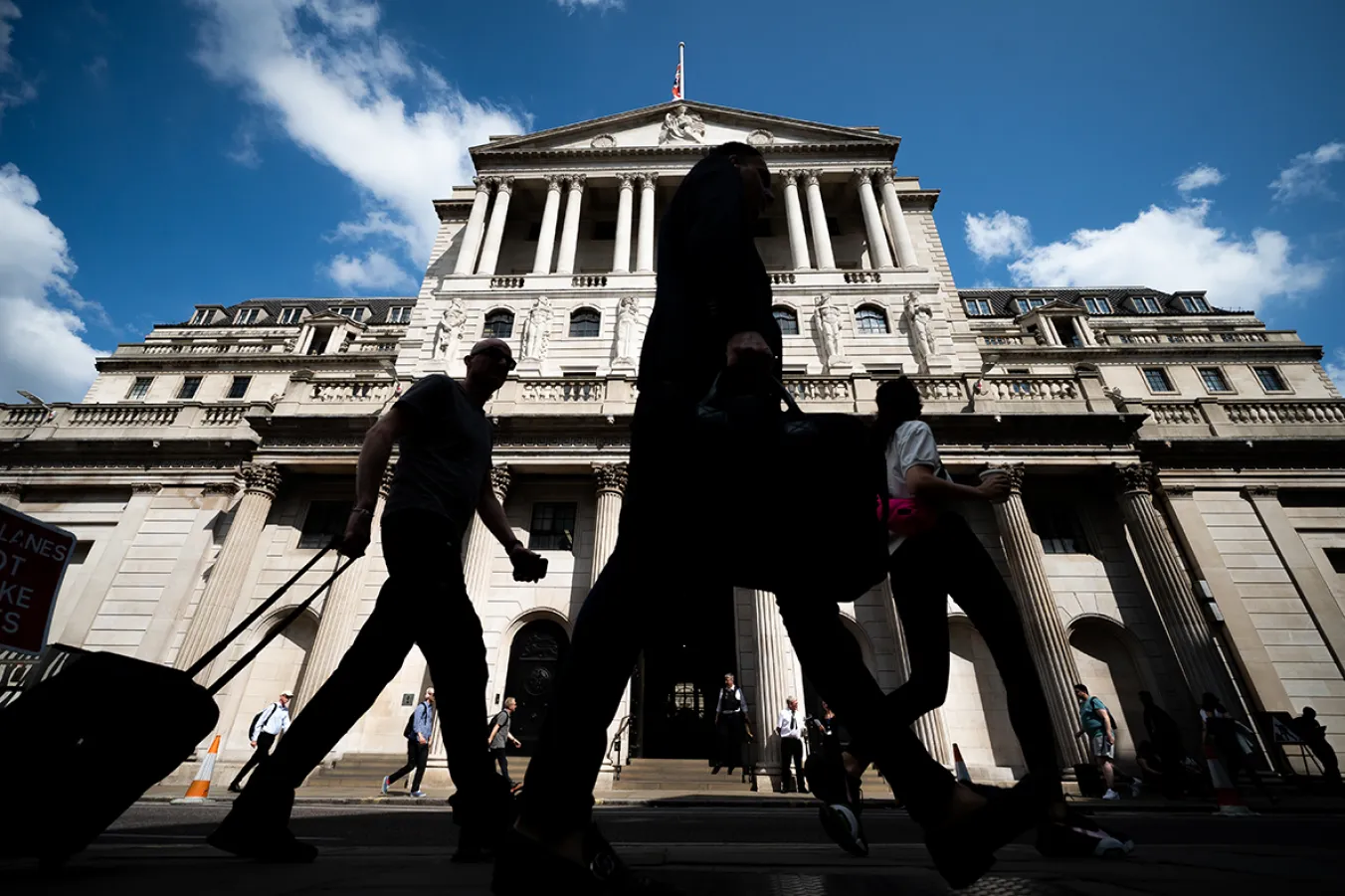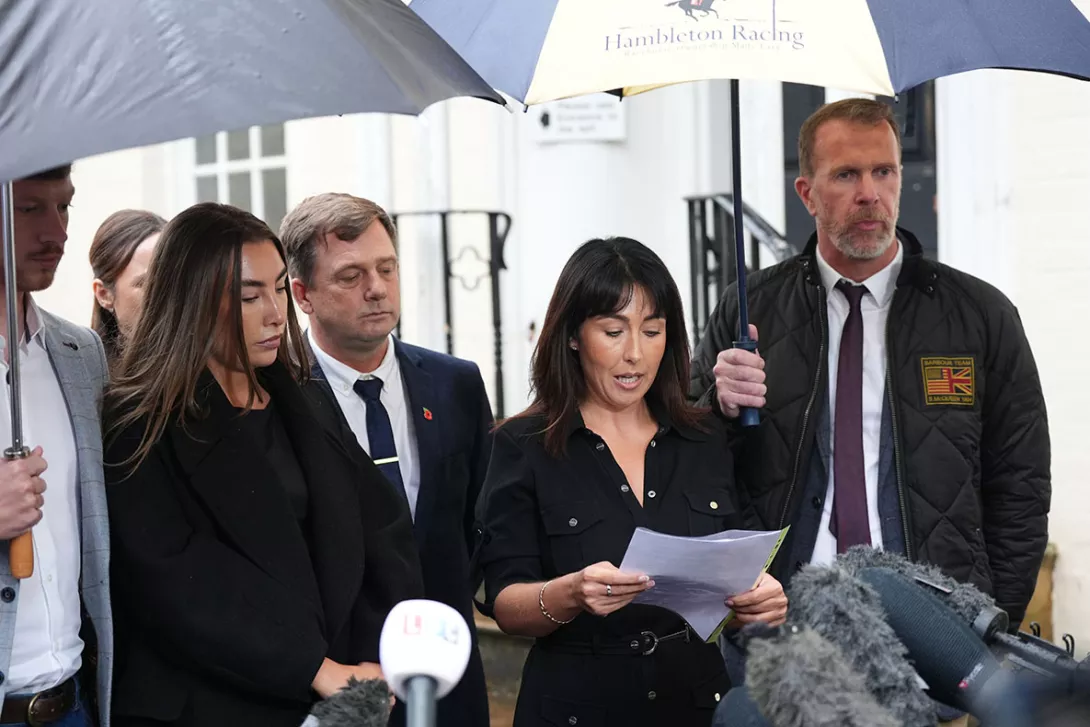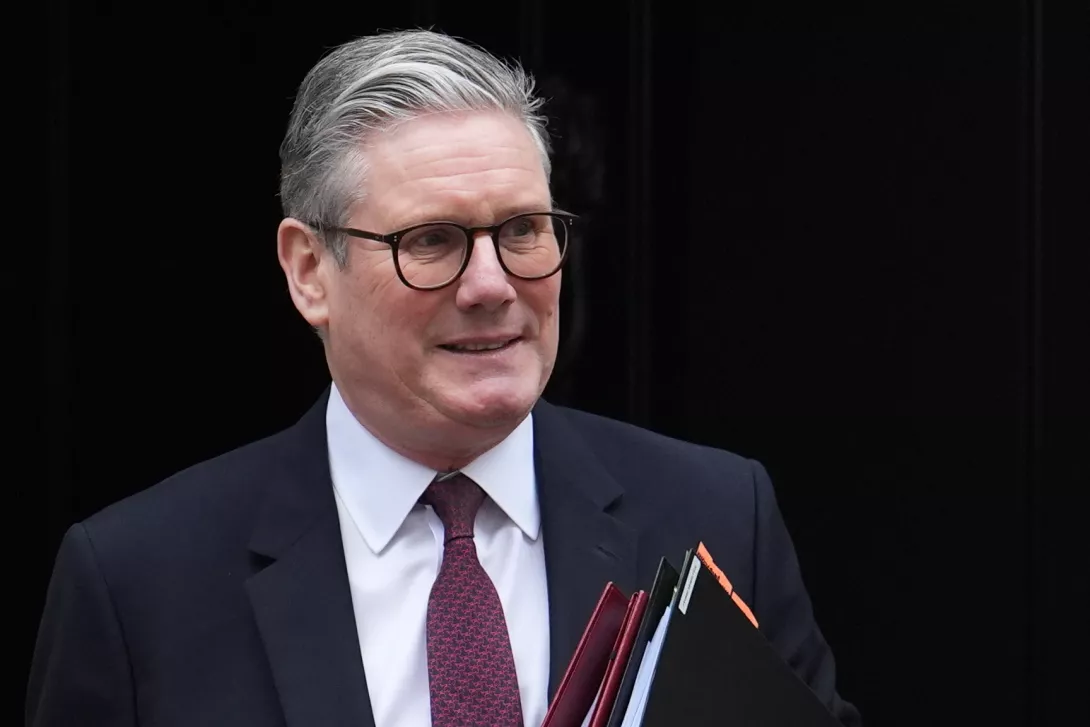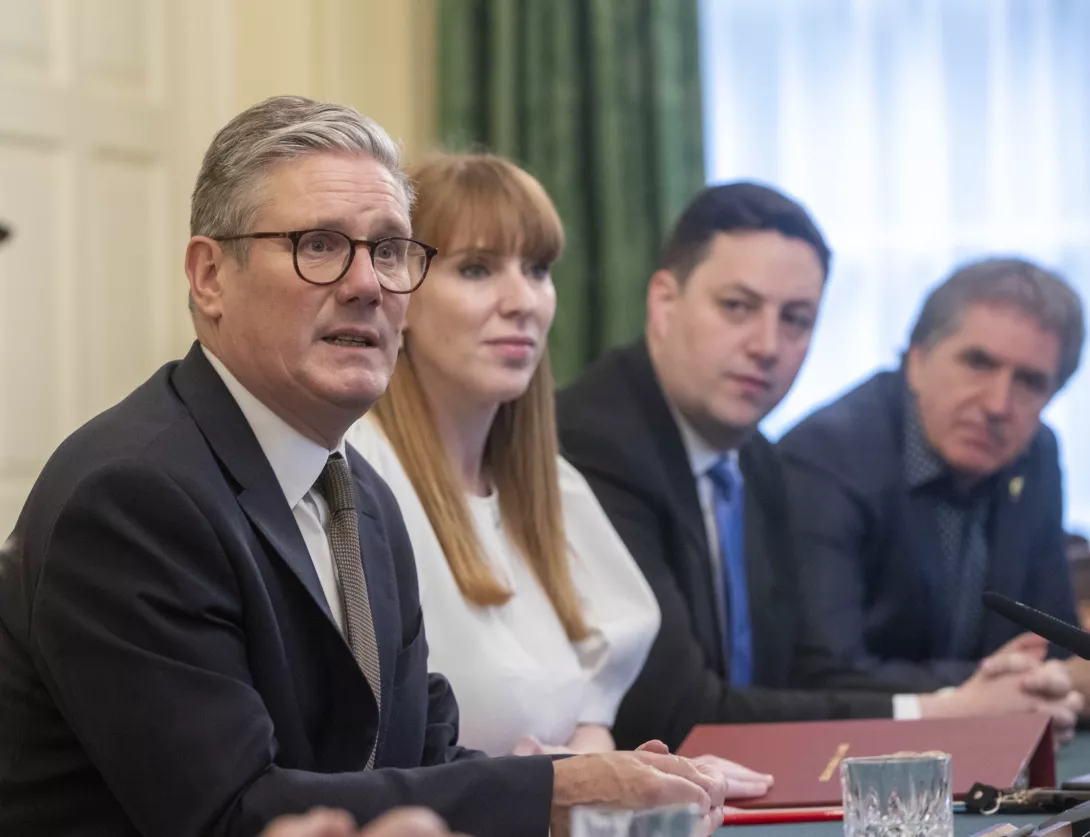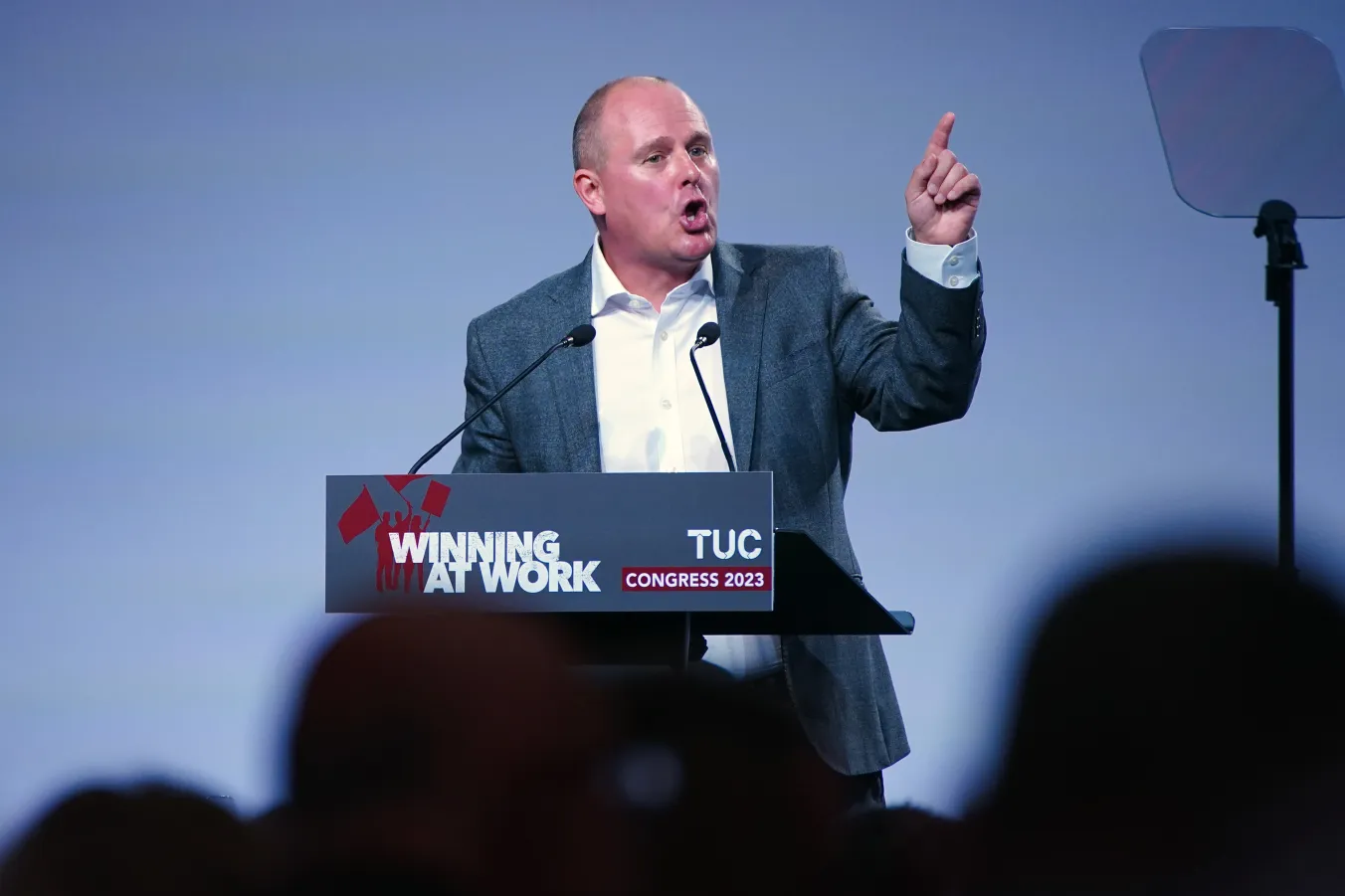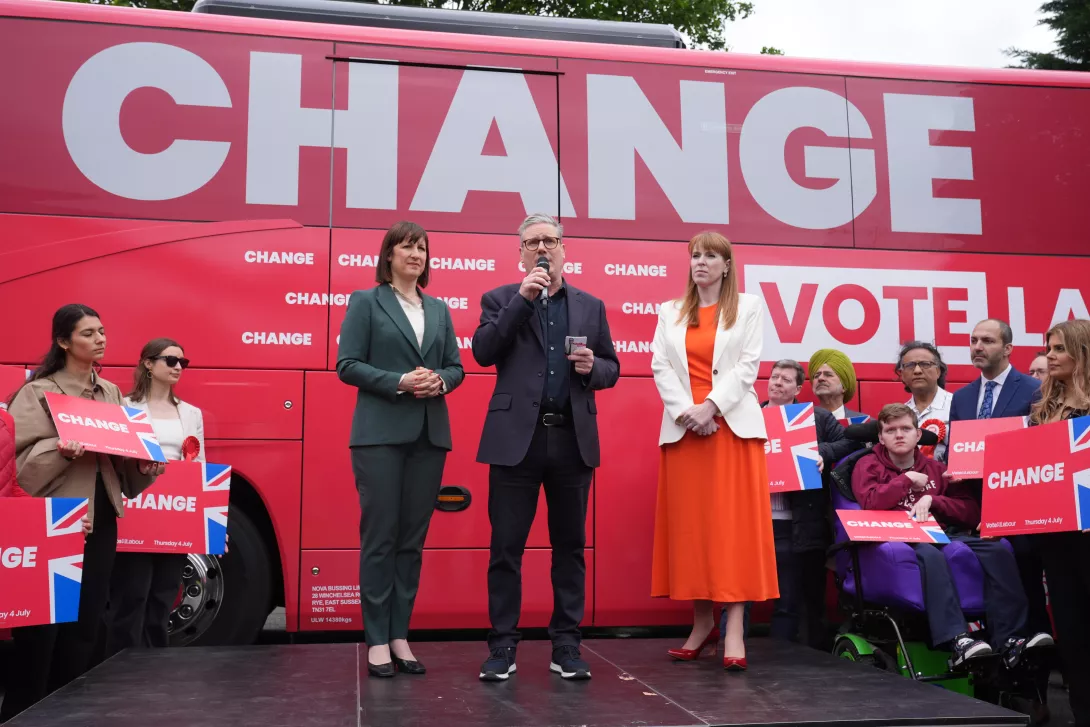She said that, under the Tories, the rich had become richer and the poor were poorer, leaving them and their communities “on their knees.”
Ms Graham has criticised the government over its plans to cut winter fuel payments to pensioners, telling delegates: “We need a wealth tax now.
“We cannot wait for growth and we cannot agree to a jobless transition.
“Labour needs to ditch phoney fiscal rules. Labour should put its arms around the working class, and be Labour.”
She said Chancellor Rachel Reeves’s new £7.3 billion national wealth fund was dwarfed by the £80bn Germany has put towards a green transition.
“It’s a joke, if we are serious about fixing the economy, it’s going to take money,” she said.
“Investment in British industry needs to start now. Labour needs to stop the phoney fiscal rules.”
Seconding, Rail, Maritime and Transport union general secretary Mick Lynch said: “There is an urgent need for Labour to make immediate, significant investments in public services and infrastructure to restore living standards and secure sustainable economic growth.
“This will require reforms in taxation and borrowing, alongside bolstering collective bargaining rights to ensure work pays fairly.
“We call on Chancellor Rachel Reeves and the Labour government to introduce a proactive industrial strategy that includes public ownership and investment in key sectors to promote long-term economic stability.
“Taxing unearned wealth from the richest in society must be a goal for the trade union movement if we are to create the kind of country that works for the many and not the few.”


